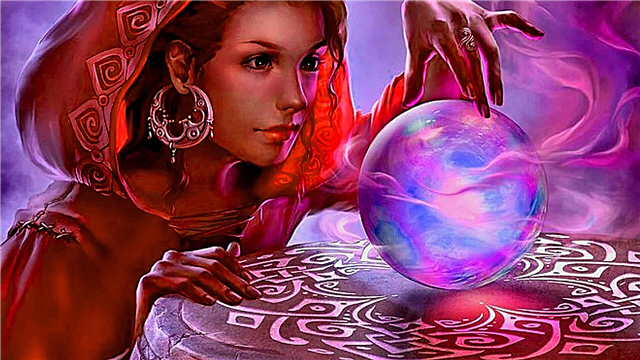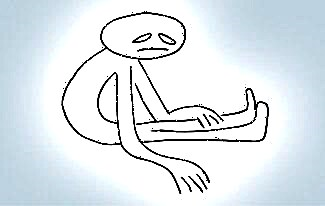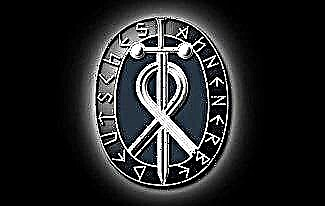What is deja vu? This word can often be heard in films, on television and in colloquial speech. However, not everyone knows yet what this concept means.
In this article, we will explain what is meant by the term "déjà vu", as well as when it is appropriate to use it.

What does deja vu mean
Déjà vu is a mental state in which a person has the feeling that he was once in a similar situation or a similar place.
At the same time, the person experiencing such a feeling, despite its strength, is usually not able to connect this "memory" with a specific event from his past.
Translated from French, déjà vu literally means “already seen”. Scientists share 2 types of déjà vu:
- pathological - usually associated with epilepsy;
- non-pathological - characteristic of healthy people, about two-thirds of whom were in a state of deja vu.
According to recent studies, people who travel more or regularly watch movies experience déjà vu more often than others. An interesting fact is that the frequency of occurrence of déjà vu decreases with age.
A person facing déjà vu understands that what is happening to him at the moment has already happened. He knows everything to the smallest detail and he knows what will happen in the next moment.
It should be noted that déjà vu appears spontaneously, that is, it cannot be induced artificially. In this regard, scientists cannot explain the root cause of this phenomenon. Experts believe that déjà vu can be caused by daydreaming, stress, brain failure, fatigue, or mental illness.
Also, deja vu can be caused by dreams that a person forgets until a certain moment-catalyst. However, no one has yet succeeded in giving an accurate explanation of this phenomenon with an appropriate evidence base.









